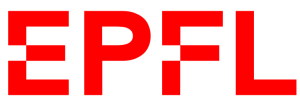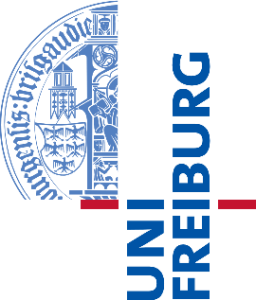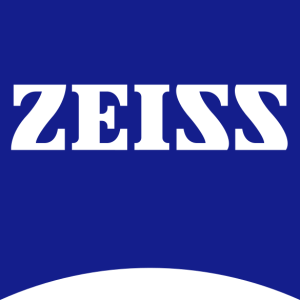Camera traps, AI, and Ecology
3rd International Workshop
 |
|
|
|
Camera traps, AI, and Ecology
3rd International Workshop
 |
|
|
|
Camera traps, AI, and Ecology
3rd International Workshop
 |
|
|
Invited Speakers
International workshop series
Our workshop is held as a part of the international workshop series on camera traps and AI analysis for wildlife monitoring, including associated ecological and data collection methods. It regularly runs as live online sessions of expert talks, tutorials, discussions, and follow-up sessions. The workshop brings together three communities: camera trap data producers (e.g., nature parks and reserves), scientific practitioners (e.g., ecologists and conservationists), and AI analysis providers (e.g., computer scientists and engineers). The aim of the workshop is to promote exchange between these different communities, link wildlife data and AI methods, and initiate new interdisciplinary projects amongst attendees.
Important dates
| Paper submission deadline | 23. June 2023 |
| Notification of acceptance | 31. July 2023 |
| Camera-ready version submission | 11. August 2023 |
| Workshop | 07. – 08. September 2023 |
Submission and review
For preparing your paper, please use the following template:
(IET-based Latex-Template) | (IET-based Word-Template)
The maximum paper length is 6 pages excluding references. We also accept 4-page extended abstracts in order to allow authors to submit the abstract to a journal. The review process will be single-blind, and there will be at least two independent reviewers evaluating each paper.
Submission website:
https://cmt3.research.microsoft.com/CamTrapWS2023
Publication and presentation
Accepted papers will be published on the workshop webpage on the condition of a short presentation by the authors about their work during the workshop. Since it is a hybrid event, an online presentation will be possible.
Journal special issue
A selection of best papers will be invited to submit an extended version of the paper to the special issue “Camera traps, AI, and Ecology” of the IET Computer Vision Journal.
Venue and schedule
The workshop will take place in the Domaschk lecture hall The schedule and streaming information can be found here. |  |
The scope of this workshop
This workshop brings together people analyzing camera trap data with artificial intelligence (AI) support. We want to discuss current open challenges and the latest algorithmic solutions to related problems.
Besides computer scientists working on new computer vision and machine learning methods, we also address ecologists using existing AI tools to tackle open problems and answer specific questions within their application domain. Hence, we encourage especially interdisciplinary teams working at the intersection of AI and ecology to submit the results of their recent work.
Paper submission is open for a broad range of topics and application domains, including but not limited to:
- Camera trap datasets (images, image sequences, or videos)
- Wildlife camera traps, insect cameras, or other animal monitoring cameras (e.g., in a Zoo or other controlled environments)
- Animal detection (in images or videos)
- Identification of species, individuals, and morphological traits (in images or videos)
- Fine-grained recognition approaches for animals (in images or videos)
- Animal pose estimation (in images or videos)
- Tracking of animal movement (in images or videos)
- Video recognition of animal behavior
- Applying AI methods to camera trap data for answering ecological questions
- New ecological questions or important open problems that can’t be solved with current AI approaches
- …
We also invite papers showing preliminary results if the paper contribution is clearly outlined and inspects one of the following topics:
- A new AI method that shows promising results on camera trap datasets.
- A new ecological question or an open problem that can barely be addressed with existing AI techniques and inspires the development of advanced algorithms.
- A new dataset with a description of the specific tasks and challenges, that require the development of new AI methods.
Organizing team
contact us.Sponsors and supporters
We would like to thank, in particular, our sponsors and supporters:
- Graduate Academy of the Friedrich Schiller University Jena for the financial support
- Zeiss AG for the keynote talk and support











